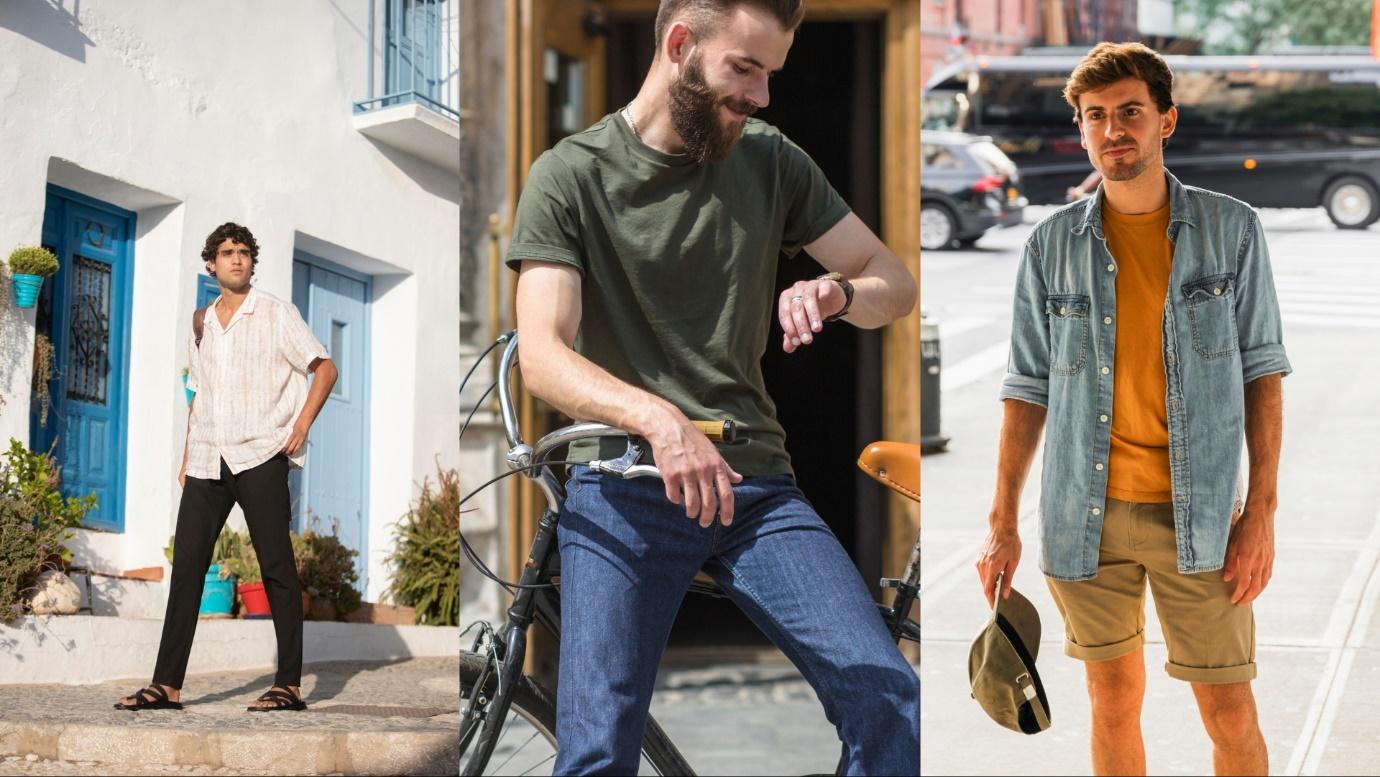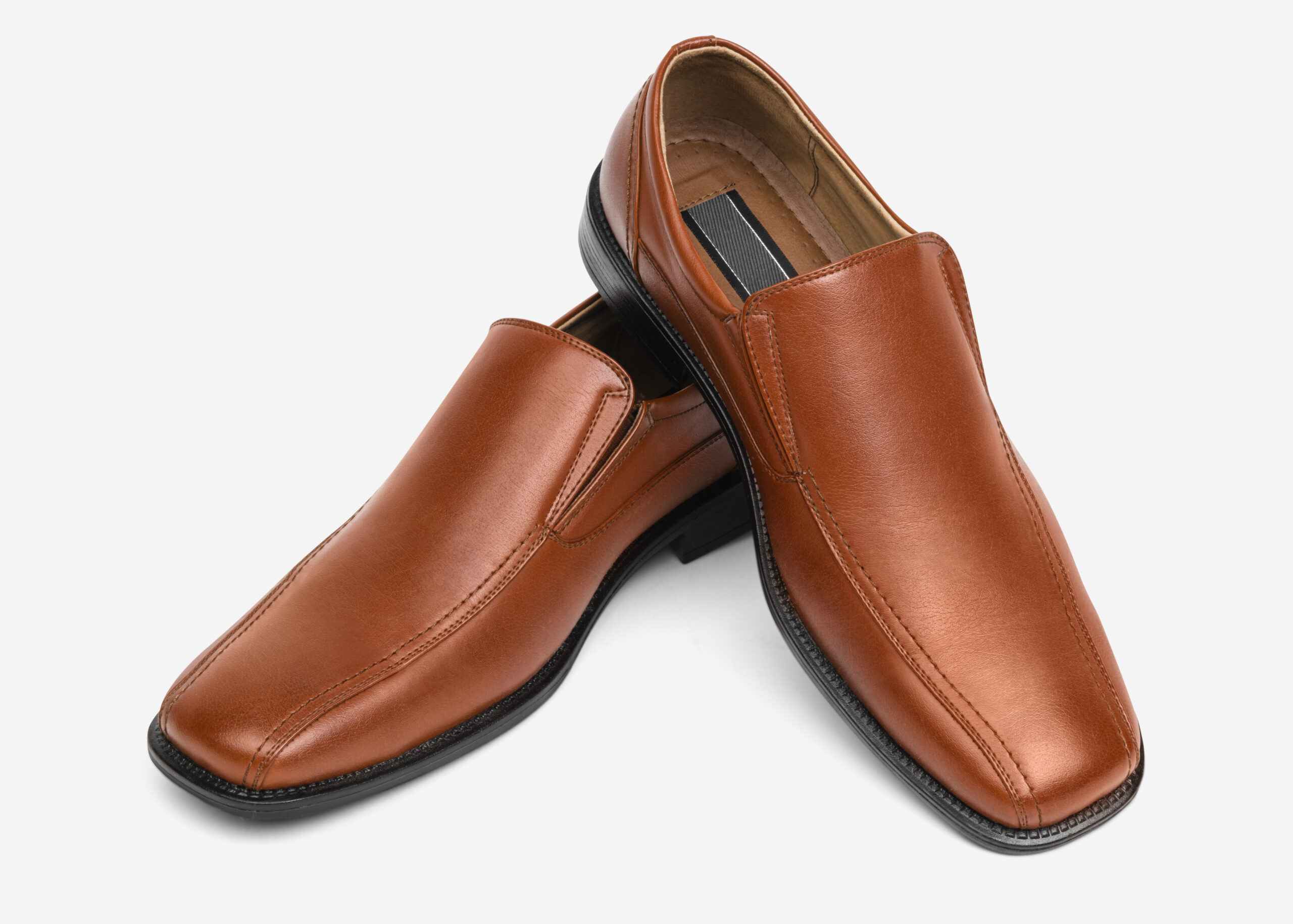Last updated on 29 Feb 2024
In this modern world, most people love tattoos and at least think tattoos are cool, especially the youth. So, why not learn about tattoos deeply and know the theories about them or learn about our ancestors’ thoughts?
I am going to discuss everything about tattoos in this blog: the psychology behind it, various theories, and people’s thoughts. Firstly, we will discuss the psychology behind tattoos or body art.
Psychology Behind Body Art or Tattoos:
In our modern world, a tattoo is known as a body alteration procedure in which pigments, dyes, or tattoo ink are injected into the dermis layer of the skin to create either permanent or transient designs. These designs are created by hand-tapped traditional tattoos and modern tattoo machines.
Background/History:
The word “tattoo” is a loanword from the Samoan word “tatau,” which means “to strike,” and it first appeared in English in the 18th century. The practice of tattooing has been around for thousands of years. Ancient tattooing was widely used by the Austronesian people, who pioneered one of the first tattooing techniques before 1500 BCE. The reasons behind these tattooing practices have been associated with headhunting or traditional purposes. Ancient tattooing traditions have also been found among Papuans and Melanesians dating back to around 1650 BCE to 2000 BCE.
Tattoos Classification Based on Their Purpose:
- Identification Tattoos
- Traumatic Tattoos
- Medical Tattoos
- Cosmetic Tattoos
Identification Tattoos: These tattoos were historically used for identification purposes. For instance, according to a report from Time.com, the King of the Maquas (the Mohawk tribe) was noted to have tattoos on his chest and lower face.
In American history, indigenous people often displayed tattoos representing battle victories or protective spirits, with birds being one example, as noted by New-York Historical Society curator Cristian Petru Panaite, who himself bears a tattoo of his U.S. naturalization date. (Source: https://time.com/4645964/tattoo-history/)
Traumatic Tattoos: These tattoos occur as a result of substances such as asphalt or gunpowder being embedded into wounds due to accidents or trauma. They are often accidental and can be considered markings on the body due to unintended or unknown exposure.
Medical Tattoos: In medical tattoos, pigment is applied to the skin at a shallow depth, which makes them less noticeable than traditional tattoos. Their shallow nature also means they are not as permanent. In recent years, people have used tattoos to cover up skin pigmentation disorders like vitiligo, matching their skin tones.
Cosmetic Tattoos: Often used as permanent makeup to conceal scars or enhance body features such as lips, moles, eyes, and eyebrows for an extended period. Tattooing over body parts as a form of self-expression is a growing trend, with some individuals using tattoos as a means of personal display.
Reasons for Tattooing Based on Theories:
Various theories have been proposed to explain why people may choose to get tattoos. Some of these theories are outlined below:
Freud’s Iceberg Theory:
Freud proposed that human behavior is primarily driven by the unconscious mind, which contains suppressed thoughts, images, instincts, and urges. These desires and ideas, unable to reach the conscious level, may manifest themselves through tattoos.
Symbolic Interactionism Theory:
According to this theory, tattoos serve as a means for individuals to establish and maintain their sense of identity. People use tattoos to communicate their beliefs, values, and personality, as well as to signify their affiliation with a particular group or subculture.
Self-determination Theory:
The self-determination theory suggests that getting a tattoo can fulfill people’s needs for connection, competence, and autonomy. Tattoos provide individuals with a sense of control over their bodies, allowing them to express their creativity and strengthen their relationships with others.
Cognitive Dissonance Theory:
This theory posits that getting a tattoo can help individuals reconcile conflicting thoughts or emotions. For example, someone who has lost a loved one may get a tattoo as a coping mechanism, or an individual who has overcome a trauma may use a tattoo to symbolize their experience and aid in processing it.
What Does Your Tattoo Say About You?
Different people have varied perspectives on tattoos. They serve as a form of self-expression and hold different meanings for different individuals. Let’s delve into the reality of tattoos.
Bringing Reality to the Skin:
For some, tattoos serve as a means to materialize their vision onto their skin, displaying their desires to the world. It’s a way to express their deepest fantasies and desires outwardly. This form of expression fosters a sense of connection to one’s fantasies and imagination. If you’re someone who wishes to communicate your fantasies without uttering a word, then tattoos may be for you. Embrace your fantasies on your body and feel empowered and connected.
Making a Statement to the World:
Tattoos can also serve as a medium for making statements to the world. For instance, I’ve witnessed an elderly lady with a tattoo on her wrist reading “MS warrior” Such tattoos often reflect the personal beliefs of individuals, including depictions of their gods and religious affiliations.
Risk-Taking and Thrill-Seeking:
Psychological theory suggests that individuals with tattoos tend to be more prone to taking risks and seeking thrills. This theory aligns with the notion of the pain associated with getting tattoos, which contributes to their allure. Additionally, tattoos being permanent reflect a significant commitment, further emphasizing this risk-taking trait.
Self-Expression and Identity:
Tattoos serve as a means for individuals to communicate their identity to the world. They utilize their bodies as canvases to express their beliefs, values, and personality traits.
Uniqueness and Individuality:
A common motivation for tattooing is the desire to stand out from the crowd. Individuals seek unique tattoos that reflect their individuality, ensuring that their tattoos distinguish them from others.
Enhancing Self-Esteem:
People who feel confident and positive about themselves often seek to express themselves through their appearance, with tattoos being a popular choice. Tattoos can boost self-esteem by serving as reminders of personal strength and resilience. Individuals who have overcome adversity or challenges may get tattoos to symbolize their triumphs and resilience.
In essence, tattoos serve as a multifaceted form of self-expression, reflecting individuals’ beliefs, values, and personal experiences while also bolstering their confidence and sense of identity.”
What People Think About Tattoos?
Curious about public perception, my friend and I conducted a survey among a diverse group, including friends, family, neighbors, students, colleagues, and individuals at nearby cafes and restaurants. The results were mixed, shedding light on various attitudes toward tattoos.
Our first question inquired whether individuals had tattoos or not. Surprisingly, approximately 75% of respondents did not have tattoos.
For those without tattoos, we delved deeper, asking if they were open to getting one. About 17% expressed willingness, while 12% cited personal or religious restrictions. Additionally, 15% cited fear of needles, pain, or disease as deterrents, 18% held religious beliefs against tattoos, 20% feared they would not age well (not look good when they get old), and 18% disliked tattoos altogether, viewing them as ostentatious displays for attention.
A small percentage (5%) of respondents were children who expressed interest but faced age restrictions
we explored the motivations of individuals with tattoos. Their reasons ranged from sentimental to aesthetic. Some sought to honor deceased loved ones, while others expressed affection for family members, partners, or cultural icons. Some used tattoos as a symbol of confidence, connection to nature, or admiration for bands, brands, or celebrities.
The survey revealed a spectrum of attitudes toward tattoos, reflecting both positive and negative perceptions. However, in our modern era, there’s a growing acceptance of diverse viewpoints. Ultimately, the decision to get a tattoo is deeply personal, influenced by individual beliefs, preferences, and circumstances.
Tattoos serve as a powerful means of self-expression, conveying aspects of one’s identity and experiences. Thus, it’s crucial to consider the motivations behind getting a tattoo and what it signifies about oneself. Whether for aesthetic enhancement, personal significance, or cultural expression, choosing a tattoo that resonates with your identity is key, as it becomes a permanent part of your story.
However we have some suggestions for the tattoo lovers.
Body Parts Where People Get Tattoos:
There are several places on the body where people often choose to get tattoos. Some of the commonly preferred areas for tattoos include the arms, nape, legs, wrists, ankles, back, and waist. These are popular locations for tattoos, and individuals often select clothing that allows them to showcase their tattoos. Another reason for the increasing popularity of tattoos is their ability to reduce cortisol levels in the body, which is a stress hormone. Thus, tattooing can contribute to stress reduction.
Tattooing and Bodybuilders:
Another significant benefit of tattoos, particularly for bodybuilders, is their potential impact on physical health. It’s common to see bodybuilders adorned with various tattoos on their arms, back, stomach, and other areas. Tattoos offer advantages for these individuals as they enhance the immune system and reduce cortisol levels, facilitating faster healing and repair of body tissues.
Motivations for Getting Tattoos:
Moreover, there are additional reasons why people choose to get tattoos. Visible tattoos can enhance employability in certain industries such as fashion, where a dynamic and youthful image is sought after. Additionally, tattoos can serve as a form of self-expression, boosting self-confidence and providing a sense of empowerment. Furthermore, tattoos can enhance the vaccination process, and overall, they contribute to individuals feeling good about themselves.
Have a look on some popular tattoo designs and celebrities having tattoo.
Bodybuilder and Weightlifters Tattoos

Arms Tattoo Design
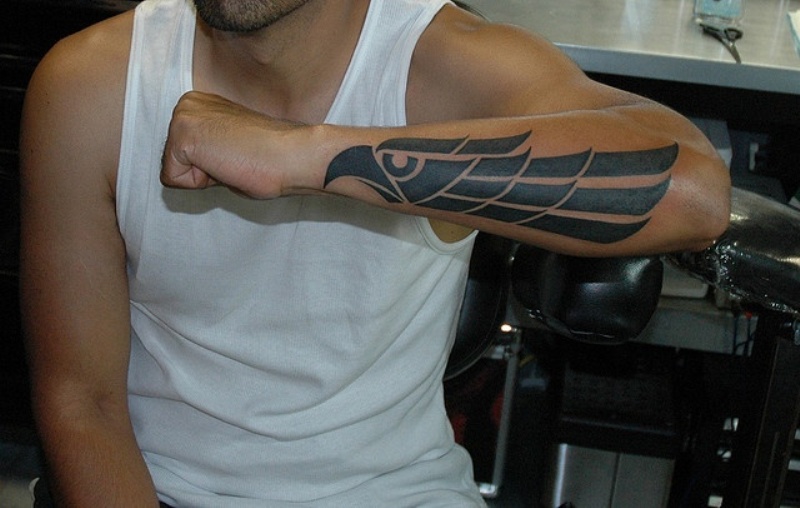
Martyn Ford Tattoos

Maori Tattoos
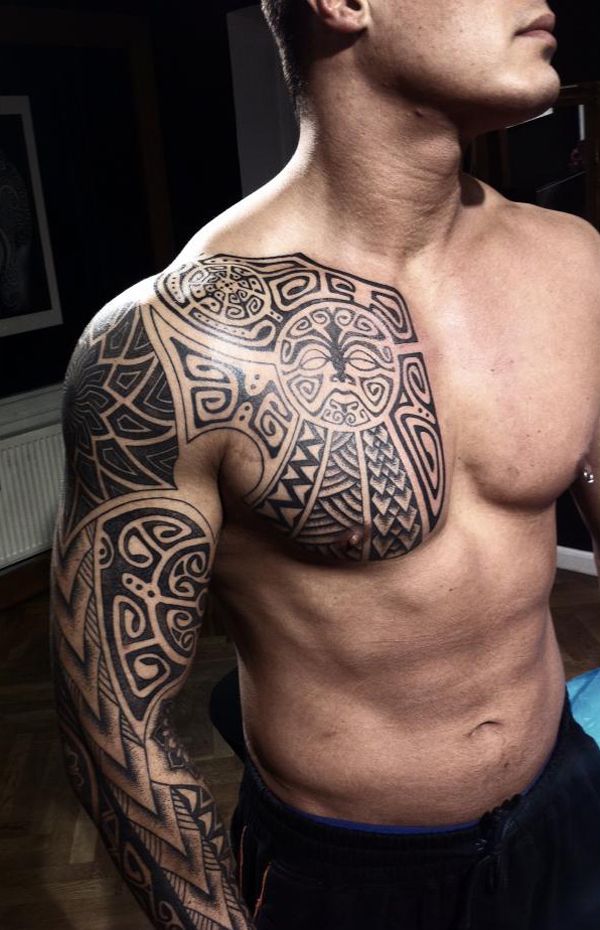
Dragon Tattoos

Chest Tattoos

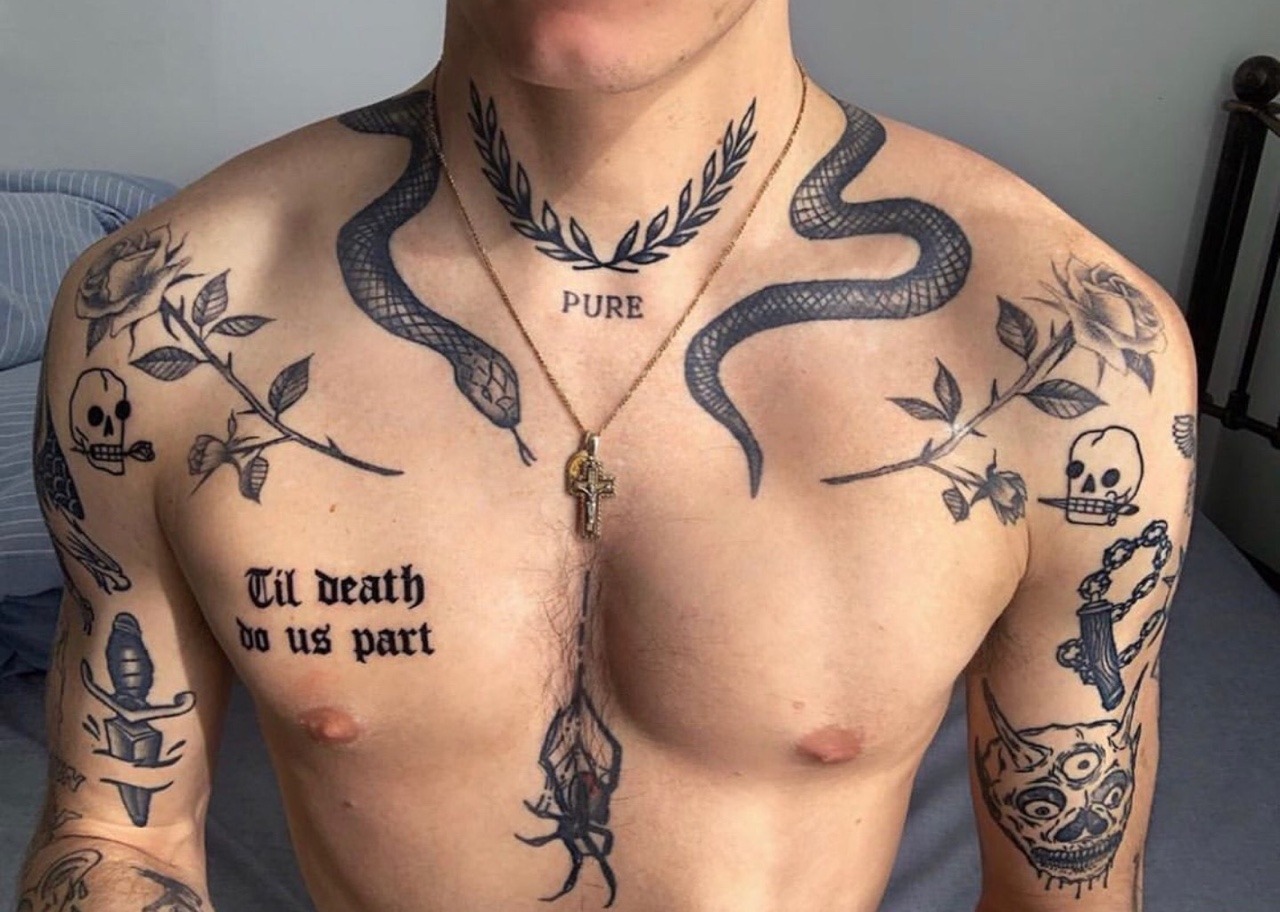
Vin Diesel tattoos

Justin Bieber’s Tattoos




